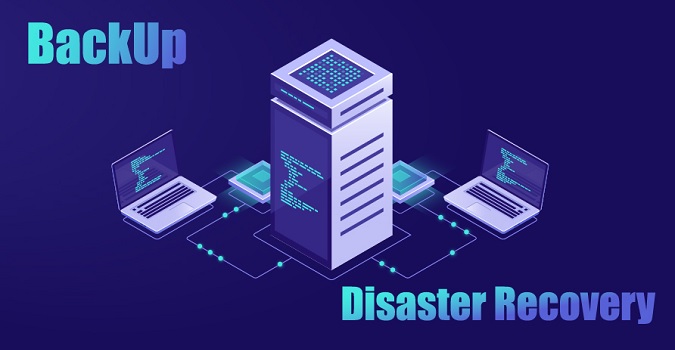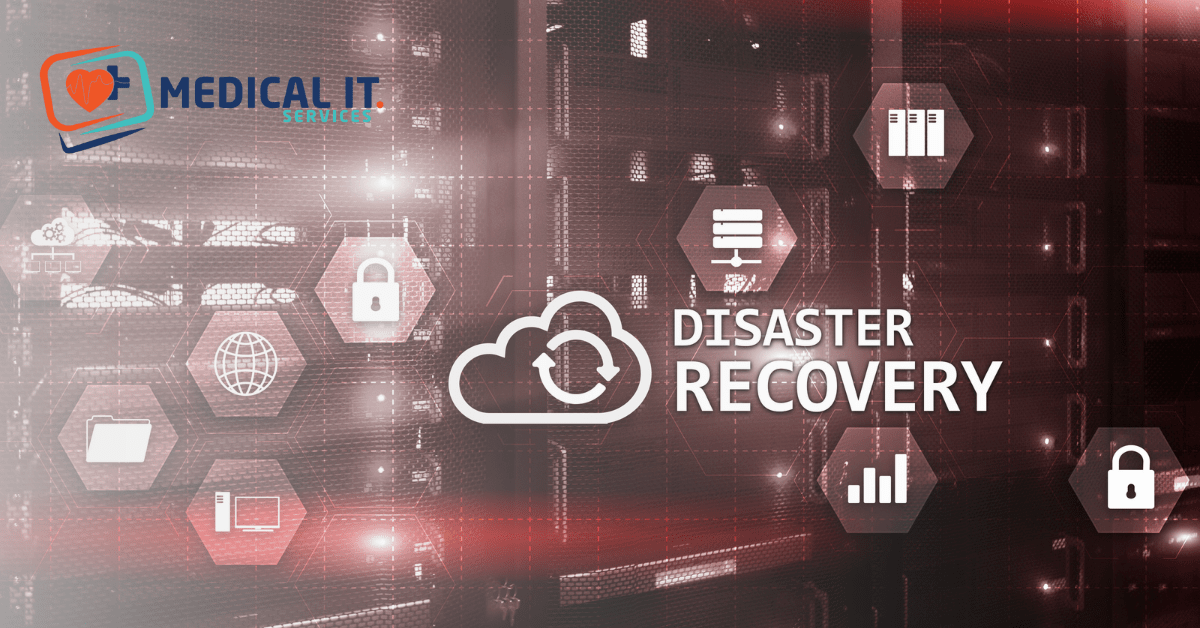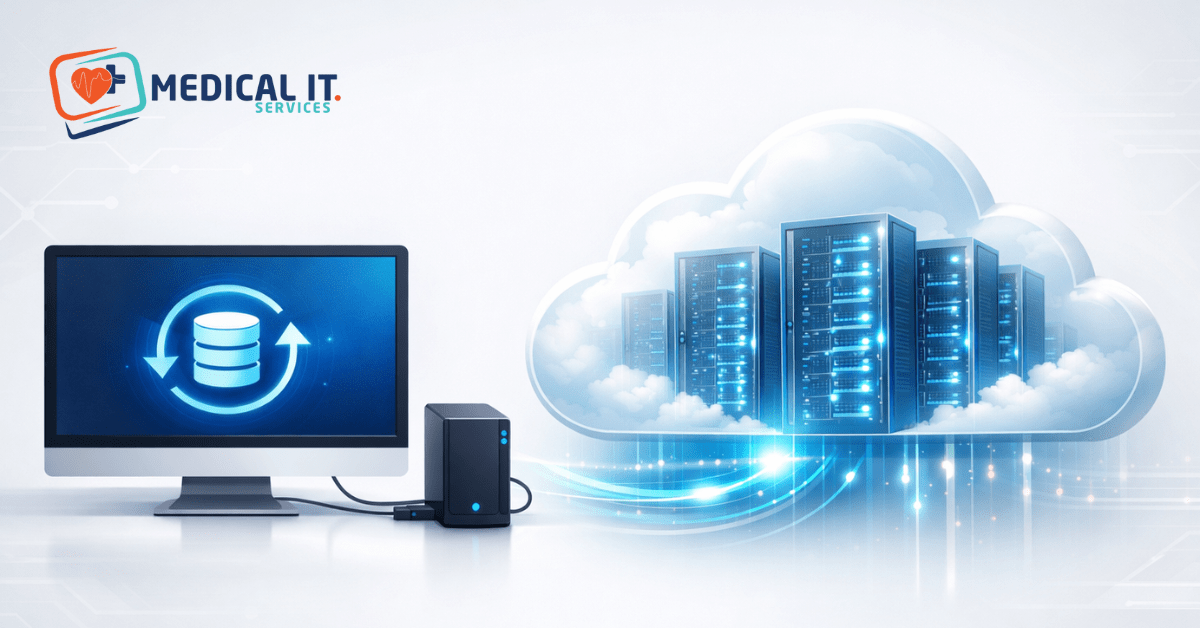In today’s era, the world has become increasingly digital. Almost every organization, whether small or…

What You Need to Know About IT Disaster Recovery?
When it comes to cyberattacks, the healthcare industry is attractive to hackers for two primary reasons: It’s one of the fastest-growing industries in Australia. But looking beyond cyber-attacks, the healthcare industry also faces multiple other threats. That forces them to make a solid disaster recovery plan to protect their business in the future. Like every other aspect of business, disaster recovery has evolved with technological innovation. Many healthcare companies are relying on third-party IT vendor support to manage their disaster recovery.
What Is Disaster Recovery?
Think of disaster recovery as a lifeboat that will help keep your organization afloat when a major event strikes that hurts your running business. IT disaster recovery supports essential business functions by regaining access to data and software after events like a natural disaster, cyber-attacks, or any accident.
Why Is IT Disaster Recovery Important?
An effective IT disaster recovery plan is part of a larger business continuity plan meant to protect your organization. With the growth of digital operations, it is much more than a way to keep emails flowing and printers working. With the growth of digital infrastructure, many operational systems from manufacturing to customer relationship management now rely on digital components that can be compromised. Ransomware attacks now routinely threaten all kinds of industries, from automakers to shipping. Spending time and money on an IT disaster recovery plan is becoming a best practice much more readily funded as senior management recognizes. How it can result in important savings when the plan is activated.

Protect Healthcare Records and Patient Information
The healthcare industry has become almost a completely paperless environment. There’s a high reliance on electronic data across all departments. A disaster recovery support offers easy access to records so healthcare providers. it can rely on access to their applications and the data stored within them to properly treat their patients.
Reduce Complexity to Avoid Downtime
An effective plan for critical applications and data will focus on simplicity and automation. Replicating virtualized, private cloud environments with technical support can be the lifeline for healthcare providers to protect them from downtime. This approach removes much of the complexity that comes with trying to go it alone for DR. But it still provides the healthcare organization control and peace of mind knowing their data is secure. That under their management, and in a cloud that is third-party audited specifically to accommodate PII.
Identifying Potential DR Plan Pitfalls
Regular testing of the network and systems will help reveal any potential problems with a disaster recovery plan. Testing also keeps employees up to date on their roles in the event of a disaster, allowing them to rehearse best practices. Additionally, regular testing will help to confirm or improve thresholds for recovery time objectives (RTOs) and recovery point objectives (RPOs).
Compliance with Data Protection Laws
The healthcare industry must stay HIPAA and PCI DSS compliant for all data handling and payment processing. HIPAA fines currently range from $100 to $50,000 depending on the violation, with a current maximum amount of $1.5 million annually. PCI DSS fines range from $5,000 to $100,000 per month, with additional fines possible for repeat violations.
In today’s world, data lives in multiple places and often in multiple clouds. Finding a way to easily manage and protect this data is a challenge that managed cloud service providers have been helping to solve. Ensuring compliance (and avoiding the heavy fines that come when mistakes happen) is something that should be part of any disaster recovery/data protection solution.
The Bottom Line
Without the proper disaster recovery plan and backup systems in place. Healthcare organizations risk losing money as well as patient trust and reputation. Medical IT. Services specialized in providing disaster recovery solutions for the healthcare industry are fully compliant with HIPPA and PCI DSS. Our experts are ready to meet your organization’s requirements and help you to avoid the high cost of downtime.



